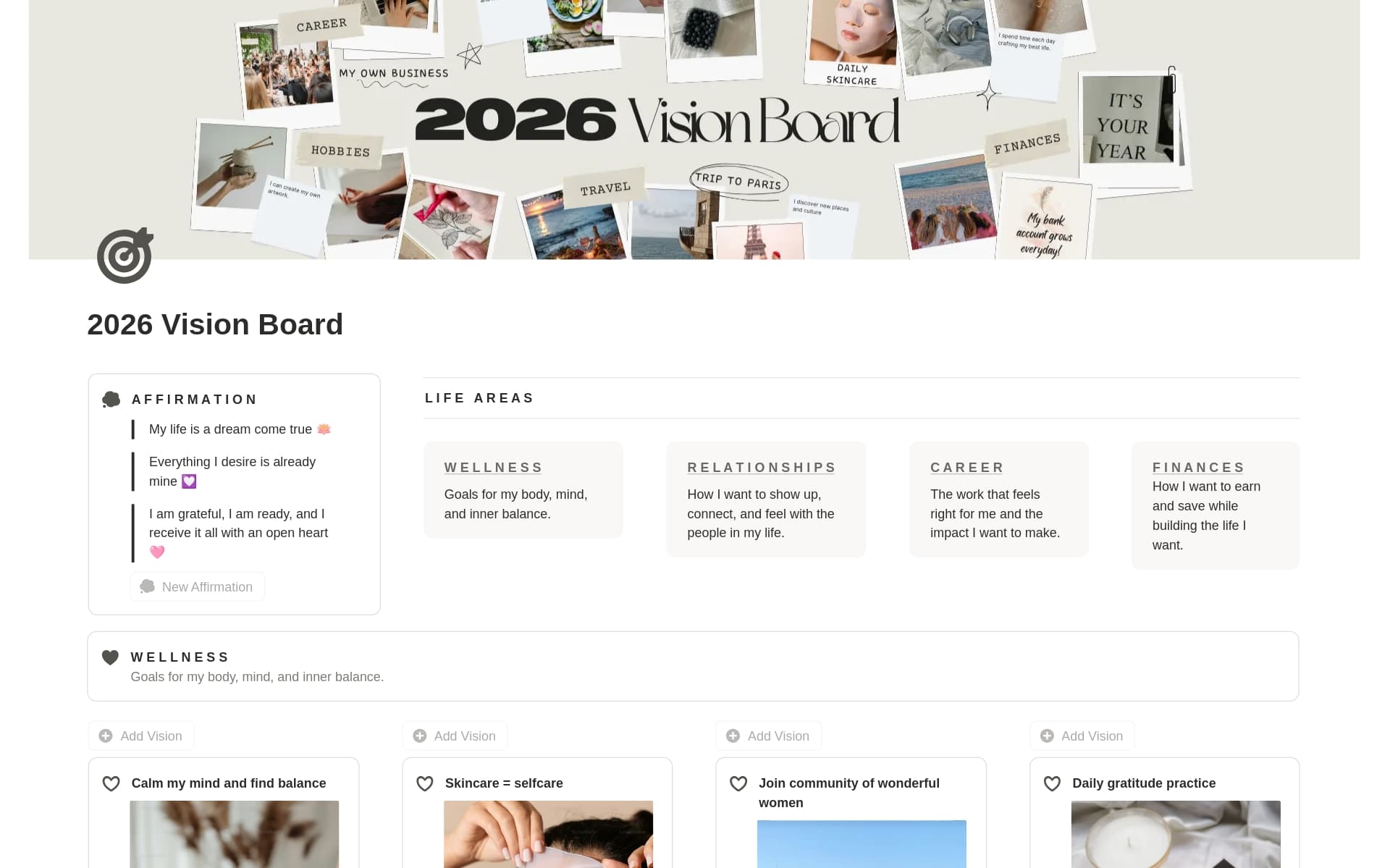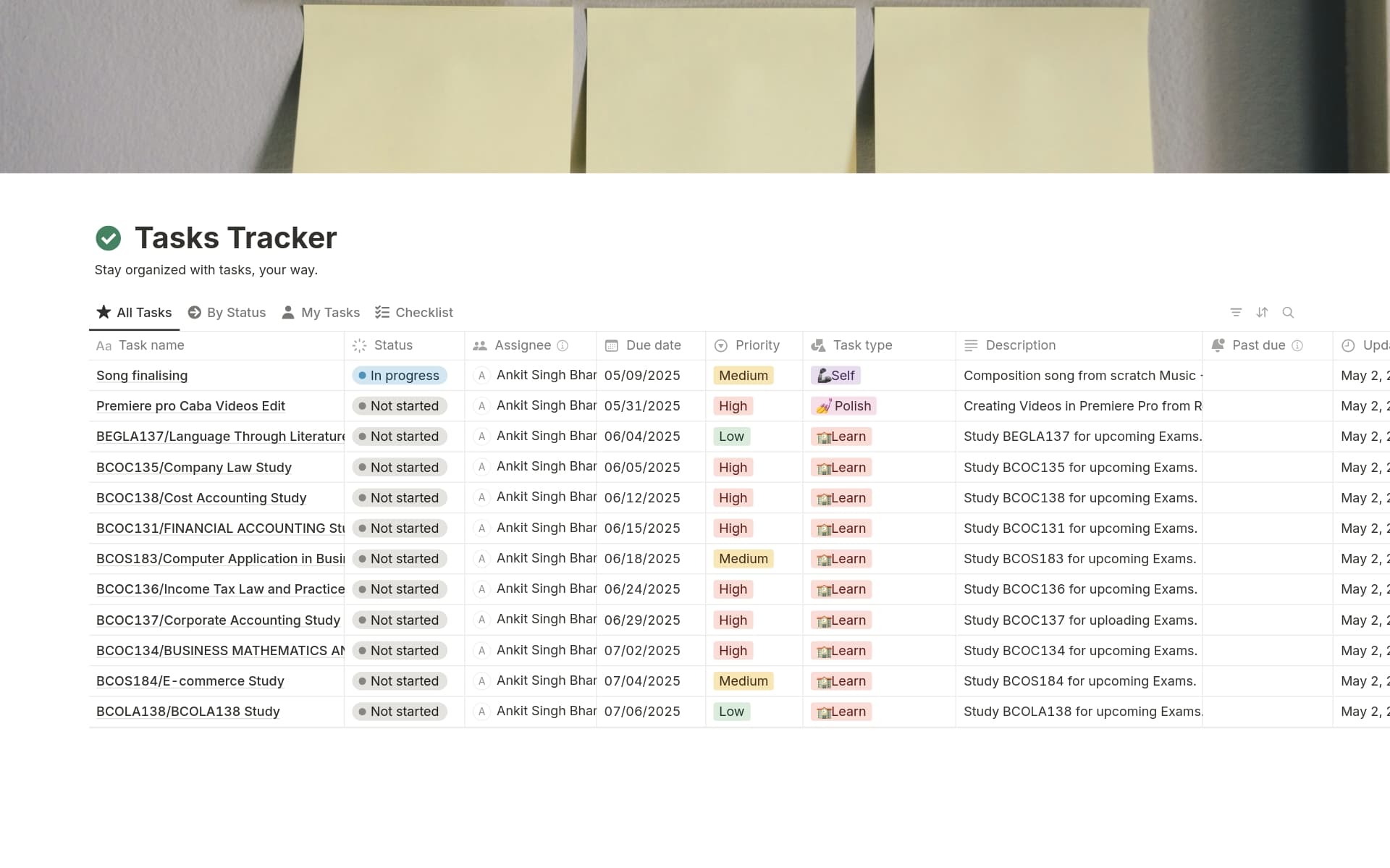User Profiles serve as a foundational tool for researchers by facilitating a deeper understanding of user behaviors, needs, and challenges. A well-structured User Profiles template in Notion can streamline the process of gathering and analyzing user data, thus aiding in the creation of more user-centered products and services. Before embarking on crafting your own User Profiles template, exploring the examples listed below could simplify the process and provide valuable insights and inspiration.
What Should User Profiles Templates Include?
Choosing the right User Profiles template is crucial for researchers who wish to organize and analyze data efficiently. Here are key components to look for in a high-quality template:
Comprehensive Data Fields - Ensure the template includes varied fields such as demographics, contact information, and professional details to capture all relevant user data.
Customization Options - A good template should be adaptable, allowing you to modify or add fields as your research evolves and demands shift.
Integration Capabilities - Check for templates that can seamlessly integrate with other tools and platforms, facilitating easy data import and export.
Visual Data Representation - Opt for templates that offer built-in tools for creating charts and graphs, which can help in visualizing data patterns and insights.
Selecting a template with these components will not only streamline your workflow but also enhance the depth and quality of your research analysis.
What Should User Profiles Templates Avoid?
Choosing the right User Profiles template is crucial for researchers who need to manage and analyze data efficiently. Here are a few components to steer clear of when selecting a template:
Overly Complex Layouts: Avoid templates with too many sections or intricate designs. They can make data retrieval cumbersome and slow down your workflow.
Non-Customizable Fields: Templates that do not allow you to modify fields can be restrictive and may not meet your specific research needs.
Heavy Use of Graphics: While visually appealing, templates that focus too much on graphics can detract from the main purpose of data analysis and increase loading times.
Selecting a template that is simple, customizable, and focused on functionality will enhance your research process and improve productivity.




